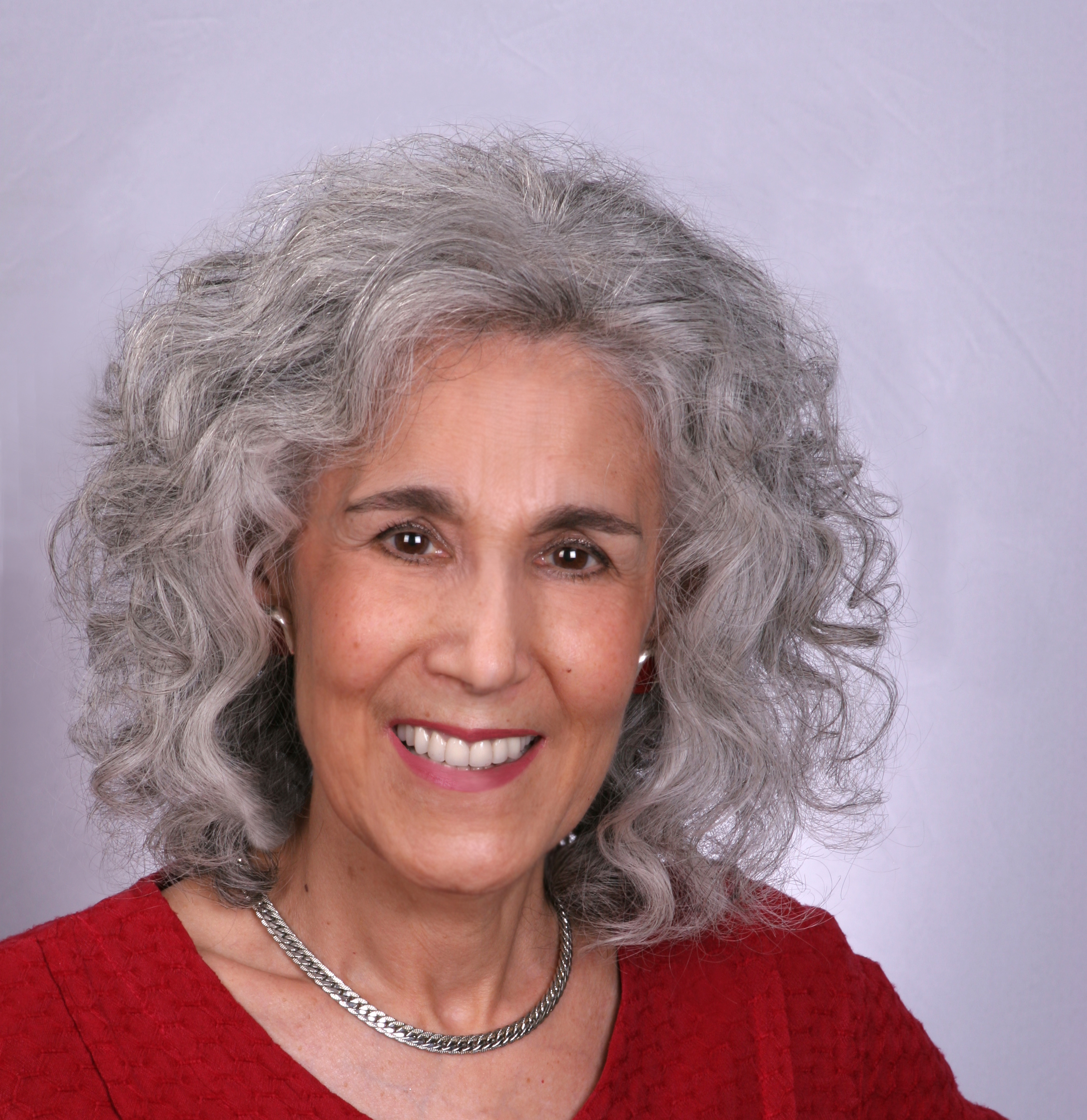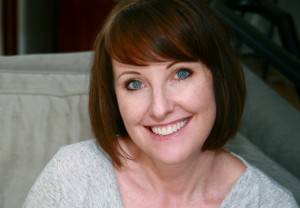 When I launched this blog in July I had no idea that one of the perks would be connecting with so many amazing therapists who've created successful practices. I've been inspired by shrinks around the globe who demonstrate the varied ways to make a living, and make a difference with their clients and I thought you'd be too.
When I launched this blog in July I had no idea that one of the perks would be connecting with so many amazing therapists who've created successful practices. I've been inspired by shrinks around the globe who demonstrate the varied ways to make a living, and make a difference with their clients and I thought you'd be too.
I'm thrilled to interview Karen R. Koenig, LCSW for the first in an ongoing series "Adventures In Private Practice" so you can learn from her experiences to improve your practice. I first learned of Karen's work when I bought her "Food and Feelings" workbook that I used with several of my eating disordered clients.
I've been impressed by Karen's passion for helping clients struggling with food issues, while writing to raise public awareness of how to relate with food in a healthy way, and maintaining excellent self-care.
Tell us a little about your practice...
Although I have been doing general psychotherapy for 30+ years, my expertise is in the psychology of eating--the why and how, not the what of it. I teach troubled eaters the life and appetite skills they need to eat "normally" and attain and maintain a healthy weight for life without dieting. I also do Skype and telephone coaching on eating and weight concerns.
Why did you decide to open a private practice?
After graduating social work school and working at a methadone clinic for six years in MA, I decided I wanted more time to try my hand at writing fiction, which meant working for myself. I applied to be a provider on insurance plans, joined the MA social work chapter’s private practice support group (and learned a lot), and was fortunate to find a peer consultation group that fit my needs.
Clients that therapists find to be the most "difficult" are sometimes the ones who can teach them the most. What have you learned from your toughest clients?
I learned to, as my second year internship supervisor advised, “get my wind out of their sails.” I think we try to control our most difficult clients more than easier ones which only creates more of a backlash. Through them I’ve learned patience and to expect as much work from them as other clients. My biggest shock has been working with clients who in many ways aren’t awfully functional, only to find they’re way ahead of me on a thorny issue. I always get a kick out of that.
What's your biggest pet peeve about private practice?
Working with numbers. I’m pretty pathetic when forced to do math and have anxiety about even filling out forms for my accountant at tax time. I just know I’m putting in the wrong figures. Also keeping up with my license fee, social work dues, malpractice and commercial insurance payments.
How did you discover or develop your practice "niche"?
After recovering from my own binge-eating problems, I taught in a training program for troubled eaters. After class, students would ask to meet with me privately and I soon had a small practice. That’s when I realized that if I was going to do therapy, I needed more training and returned to pursue an MSW. Shortly after that, I started writing books about eating and weight and teaching my own workshops. After many decades and books and clients, I became an expert.
What resource (book, website, person) helped you the most when setting up your private practice?
I can’t say there was one thing. To start a practice in MA, I took a class on opening/running a private practice and that was useful for the basics, and also talked with other practitioners. One in particular was very generous with her time and let me call her when I had questions. I think the NASW private practice group was enormously helpful with financial and ethical concerns. When I moved to FL six years ago, I started all over again. I decided to take only self-pay clients, which meant lots of marketing work was ahead. I joined the local social work chapter (unimpressed, I dropped out fairly quickly), but networked with therapists I met here and there, especially in the field of eating disorders. I volunteered to do talks on eating and did as many book signings as possible. Slowly my practice grew and continues to flourish.
What has surprised you most about being in private practice?
I've been surprised at how my client load stays fairly steady. I do a tremendous amount of marketing—such as answering requests like this one, hiring someone to manage my social media and pr, doing talks, running a message board, blogging twice weekly, expanding my therapy practice to worldwide eating coach via Skype and the telephone, writing online articles.
Has your private practice helped you grow professionally? How so…
My books, articles, and talks on eating and weight feed (pardon the pun) my practice and my practice boosts my book sales.
Has it helped you grow personally, too? How so…
Well, it’s made me face this I’m-bad-with-numbers perception I have. I still do get anxious, but I’m pretty on top of things. When I’m really in a panic, I ask my husband (the math guy) for help. I love being responsible for my own schedule. I’ve learned to manage time well and to balance work and play.
Being a therapist can be emotionally exhausting. What do you do to care for your own emotional and psychological health?
I now don’t treat clients on Fridays. At 65, though, I can’t imagine retiring any time soon. I get energized from my work and rarely feel emotionally exhausted because I no longer see back-to-back clients every day. Instead, I teach occasionally, write articles, am in the middle of writing two eating manuscripts, and am working with an agency to develop a Facebook eating app. Switching gears and not having only a private practice keeps me feeling creative.
How do you cope with the inevitable stressors involved with being your own boss?
I don’t feel that stressed except if I have more than three clients in a row. As I said, I’m fortunate that I don’t need to have a large caseload because I make money other ways. But I set up my life this way because I didn’t want to be drained and there were other things I wanted to do. I’m very good about managing my time, though I work many hours and often through the weekend on projects I enjoy (I’m starting to write songs suddenly—lyrics and melody!). I only wish I could clone myself to do all I want to do which would include a bit more down time.
What personal strengths have helped you succeed in private practice?
I had two neurotically organized parents so I inherited that strength. I am good at starting and ending sessions on time, maintaining email contact with clients between sessions at a pace I can tolerate and which meets their needs. I like things easy and accessible so I work at home and have a separate wing of my house for my office and a client bathroom. Every day I follow a routine of blog writing, checking emails and my message board, then exercising, and getting ready for the day. I work during the hours I have the most energy 12:15-7:15p, turning away morning clients or those who need appointments at night. Because I get to meet my needs, I don’t feel resentful. My biggest strength is taking excellent care of myself and picking a husband who is extremely supportive of all I do.
To learn more about Karen's work and practice visit EatingNormal.com.
If you'd like to be interviewed and featured in "Adventures In Private Practice" contact me here.
 Eleven years ago I ventured briefly into the world of providing online counseling services. It was short-lived because there was not enough interest from potential clients in online counseling. At the time, there was a sense that online interventions would revolutionize counseling, and that it might even become a preferred method of treatment for many.
While online counseling, also known as telemental health, and e-therapy, hasn't "taken over" the field of therapy in the past decade, electronic delivery methods have steadily grown.
Eleven years ago I ventured briefly into the world of providing online counseling services. It was short-lived because there was not enough interest from potential clients in online counseling. At the time, there was a sense that online interventions would revolutionize counseling, and that it might even become a preferred method of treatment for many.
While online counseling, also known as telemental health, and e-therapy, hasn't "taken over" the field of therapy in the past decade, electronic delivery methods have steadily grown.
 A ten year career in the mortgage banking industry not only prepared Misty Vogel, M.A., NCC for many of the business aspects of self-employment, but also for managing the intense emotions that come with major life transitions.
A ten year career in the mortgage banking industry not only prepared Misty Vogel, M.A., NCC for many of the business aspects of self-employment, but also for managing the intense emotions that come with major life transitions.
As healers, we genuinely like to do our work. Guiding clients through the therapy process and seeing them make progress is why we do what we do. But if you're in private practice, you know there's a lot going on in the back end and that it's crucial to run an efficient and organized business.